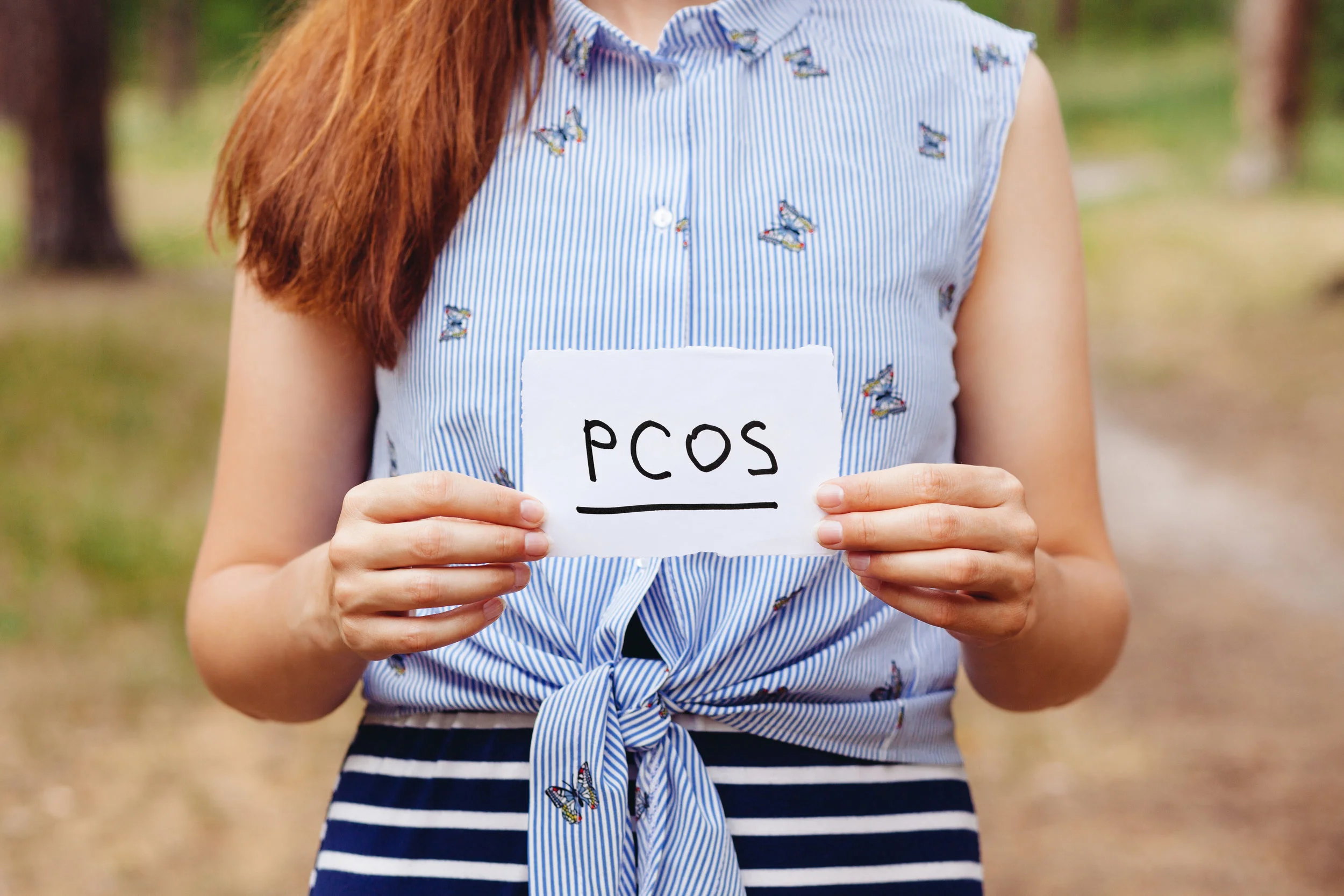You might be surprised to find that a condition affecting nearly 1 in 5 women is actually relatively unknown. Polycycstic Ovary Syndrome (PCOS) is a metabolic condition almost 50% more prevalent than breast cancer and yet it’s estimated nearly 70% of sufferers haven't received a formal diagnosis.
As a syndrome, it is diagnosed by the observation of a number of concurrent symptoms and features. These include irregularities with menstruation, excess hair growth, acne and weight management problems. Of potentially greater concern than these, PCOS sufferers are at increased risk of type II diabetes and cardiovascular disease, depression and anxiety and also fertility issues.
Now, don't be confused by the name – this condition is neither due to just the presence of cysts nor is it simply an ‘ovarian’ syndrome. Rather it is a complex hormonal condition arising from altered function of the endocrine (hormonal) system. Hormones serve as chemical messengers that allow the body’s fundamental processes to be triggered at the appropriate time and when hormones are ineffective, deficient or even in oversupply, conditions like PCOS are found. In PCOS, insulin is thought to be a key driver in this process as are the regulation of hormones called androgens.
So, with all this in mind, if you think you might have a concern that fits the description of PCOS then the first step is to speak with a trusted GP or even gynaecologist and a robust investigative process should be undertaken. It’s really important that you have the most accurate, personalised information available to you because you’ll have some important decisions to make. Appropriate pharmaceutical interventions can be tailored by your doctor to find which option best suits you. Part of this conversation should revolve around your plans for establishing a family. Since the contraception pill can be an effective treatment for many women, there may need to be considerations for when this treatment should be paused.
Equally, in some cases specific dietary and exercise based strategies tailored to your specific needs have proven effectiveness that may mean medication is not necessary. Since the management of blood glucose is key to effective dietary management, a good dietician can devise a plan with you taking into account the foods that you love, your habits and your health needs.
Exercise-wise, for many people resistance exercise may prove to be a good choice but the dose and specific exercise choice should be designed by an accredited exercise physiologist to ensure your safety and that the effort your putting in enables you to reap a reward. For some, a specific High Intensity Interval Training (HIIT) type approach may be a suitable option, especially since this approach is very time efficient. This kind of intervention is not the same as your regular HIIT class at the gym, though, and care should be taken to ensure your safety if this is something you think you might like to do.
So if you’re living with PCOS you can rest assured that there are effective strategies you can implement with the right healthcare team around you. The kind of team that will help empower you to make the best decisions for you and your family, present and future is ready and waiting to help.

